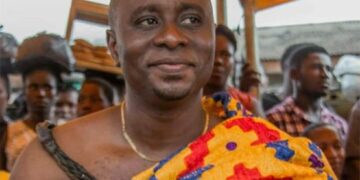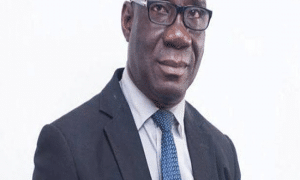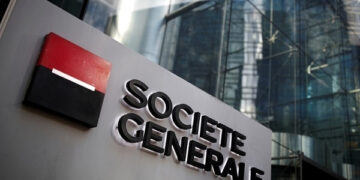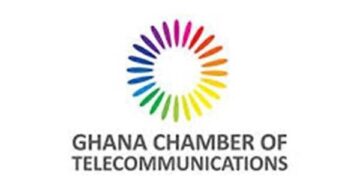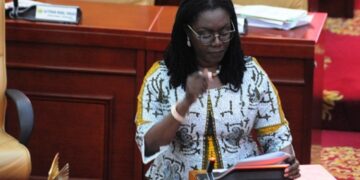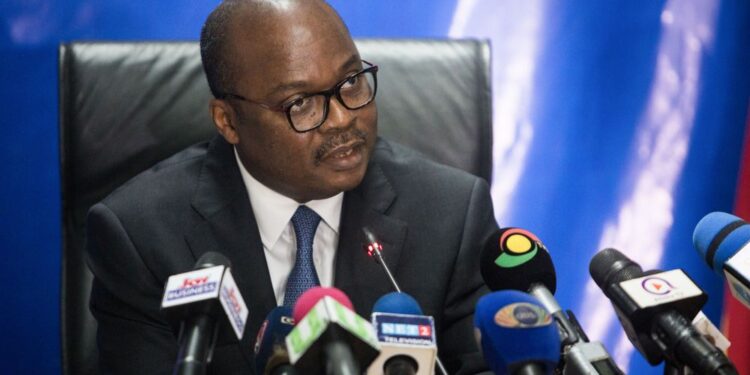Dr Ernest Addison, Governor of the Bank of Ghana, has stated that the present conflict between Russia and Ukraine has dimmed prospects for a COVID-era economic rebound, both domestically and worldwide.
He stated that the epidemic and current Russia-Ukraine war have resulted in a dramatic increase in public debt levels, imposing severe financing limitations and unstable macroeconomic settings in various emerging market and developing nations. As a result, he claims, the much-anticipated COVID-era economic recovery is far from complete and remains shaky.
“Indeed, the unhappiness caused by the uneven distribution of the gains of the global economic recovery, as well as the significant rise in the cost of living in both advanced and developing nations, pose further dangers to global macroeconomic stability.”
“The pandemic has left a number of countries with limited fiscal space due to policy responses that resulted in huge budget spending with limited budgetary allocation for other development projects like infrastructure, education, and agriculture,” Dr Addison said in Accra during the 2022 Annual General Assembly of the Association of African Development Finance Institutions (AADFIs), hosted by National Investment Bank (NIB).
He also stated that the current Russian-Ukraine conflict has put major pricing pressures on Ghana and the world economy as food supply-side bottlenecks worsen, necessitating more policy rate rises in the near future.
Furthermore, Dr Addison stated that rising borrowing costs have caused capital flow reversals and currency pressures in several emerging markets and developing countries, complicating the recovery process.
Despite these tremendous socioeconomic issues, he feels that “DFIs have a unique chance to be proactive and effective in the financial ecosystem, particularly in Africa.” This cannot be overstated. Most African countries suffer low domestic income generation and significant finance restrictions, making it difficult to carry out critical development initiatives.”
According to McKinsey & Company, Africa’s yearly investment in electricity infrastructure would increase to almost US$55 billion by 2025, up from US$33 billion in 2015. Over the same time span, yearly investment in transportation infrastructure will need to climb from $20 billion to about $45 billion.
Additionally, considerable investment in water and telecommunication infrastructure will be necessary.
To keep up with predicted GDP growth over the next 15 years, emerging nations would need to invest more than $2 trillion each year in infrastructure.
“Given the resource restrictions of many underdeveloped nations, these are massive investment requirements.” To overcome this funding gap, governments in developing countries can partner DFIs to access private-sector infrastructure finance at a big scale,” the central bank governor said while highlighting the recently formed Development Bank Ghana (DBG) (DBG).
NIB MD
According to Samuel Sarpong, Managing Director of NIB, this year’s general assembly, themed ‘Unlocking innovative resources for development finance: agenda for African DFIs,’ provides a unique opportunity to identify resource mobilization challenges and devise solutions for raising appropriate development funding to support the growth of countries and the continent as a whole.
“To fuel continental growth, we must use the most innovative financial tools available.”
“The continent faces numerous issues, but I believe we are strategically positioned to come up with clever solutions to fund our individual nations’ and the continent’s industrialization push,” Mr Sarpong continued.


